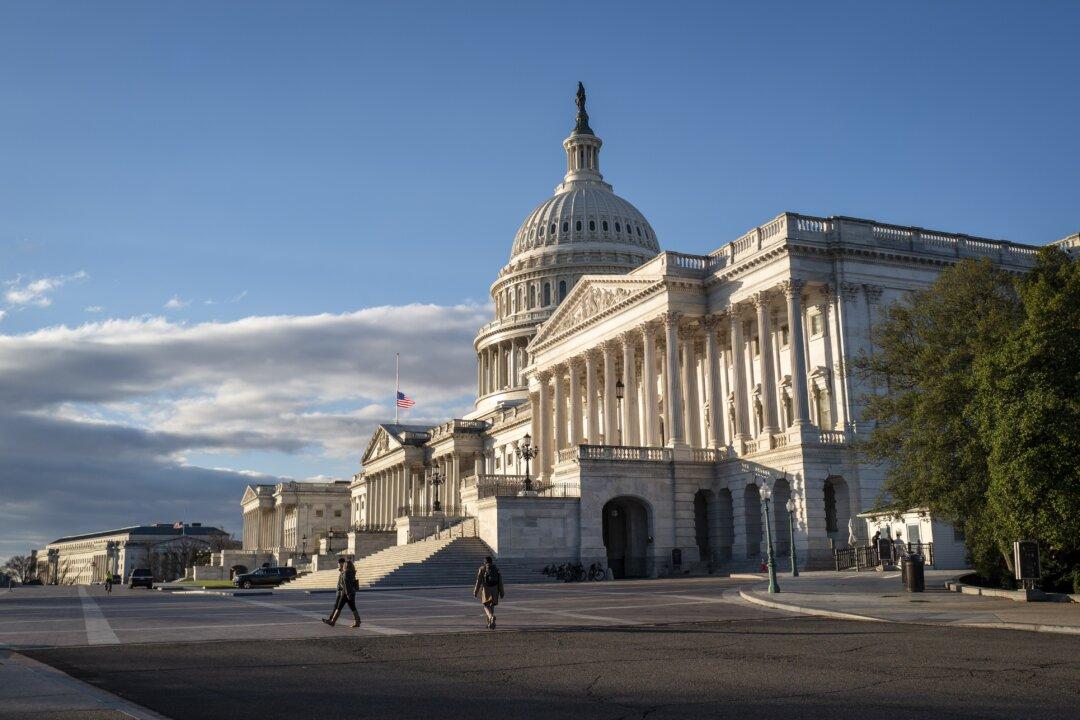Congress will hold a joint session on Jan. 6 to count the votes cast in the Electoral College, marking the official certification of President-elect Donald Trump’s victory and formalizing his return to the White House for a second term. This constitutionally mandated process, conducted every four years, ensures the peaceful transfer or continuation of power.
In this ceremonial event, Congress opens sealed certificates from each state documenting its electoral votes. Delivered in special mahogany boxes reserved for the occasion, these certificates are read aloud by bipartisan “tellers” from both chambers.





